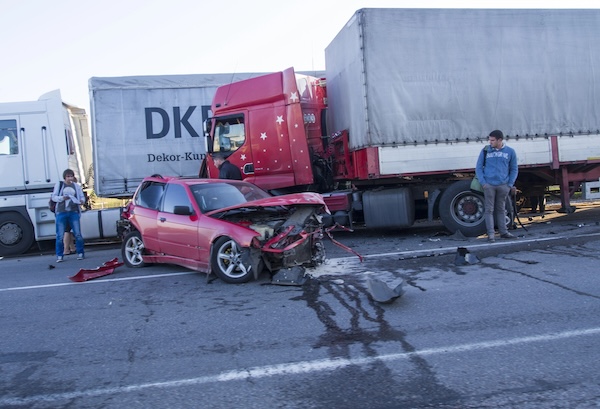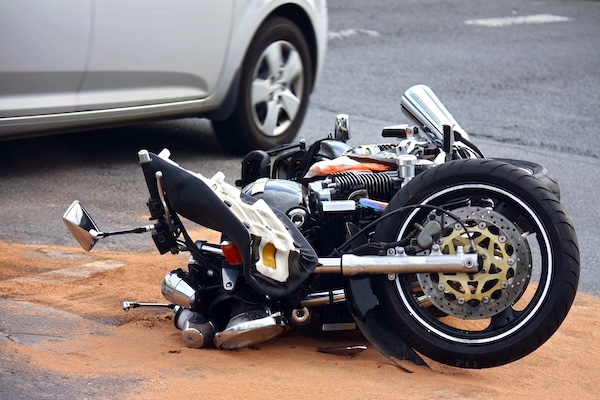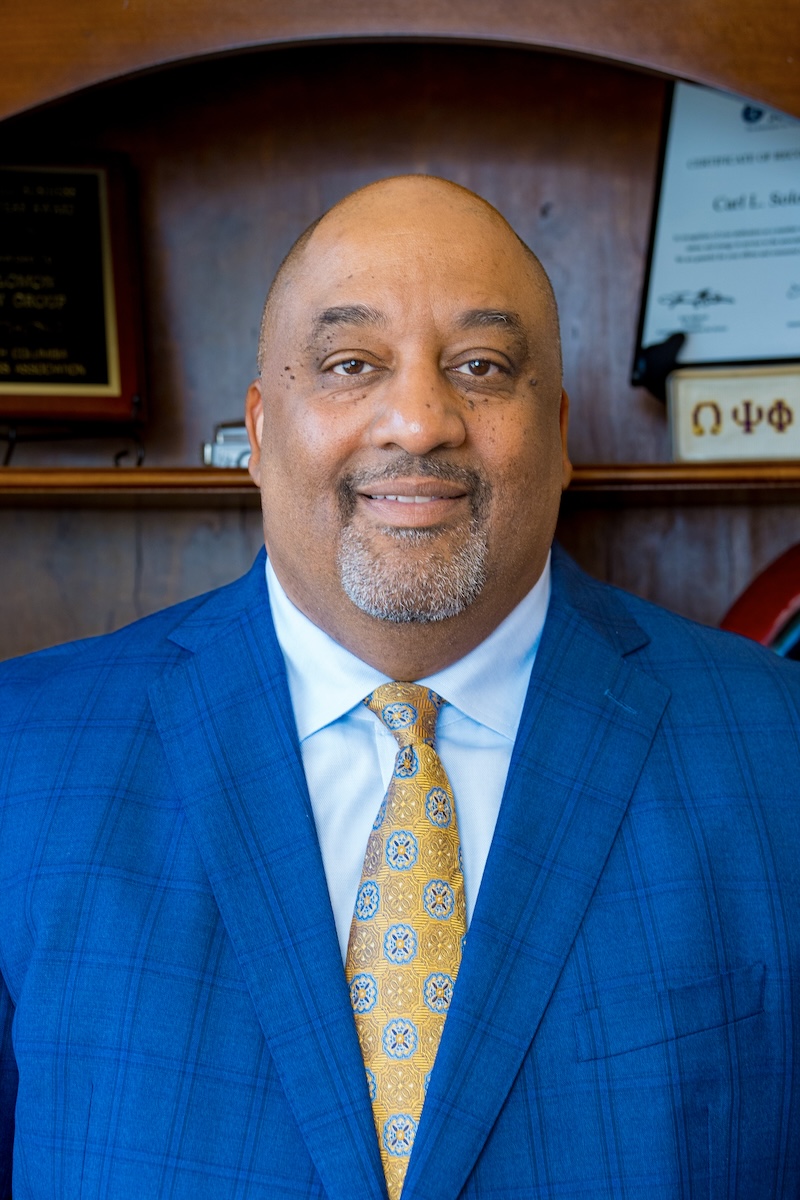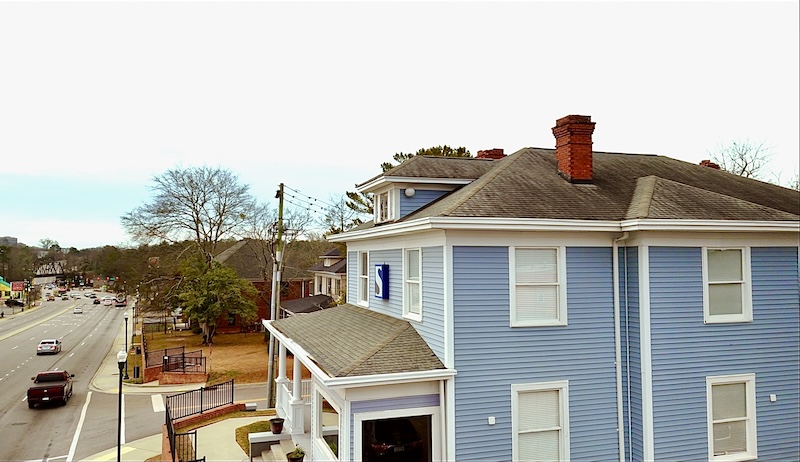What Is a Wrongful Death?
Under South Carolina law, a wrongful death occurs when a person dies due to the wrongful act, neglect, or default of another person or entity—actions that would have entitled the deceased to file a personal injury lawsuit had they survived.
Common Causes of Wrongful Death
Wrongful death can arise in many forms, including:
- Car, truck, or motorcycle accidents
- Drunk or distracted driving crashes
- Workplace or construction site accidents
- Medical malpractice
- Defective or dangerous products
- Premises liability incidents (e.g., slip and fall, negligent security)
- Nursing home neglect or abuse
- Criminal acts such as assault or homicide
Each case is unique, but the common thread is that the death could have—and should have—been prevented.
Who Can File a Wrongful Death Claim in South Carolina?
Only the executor or administrator of the deceased person’s estate is legally permitted to file a wrongful death lawsuit. This individual is typically named in the decedent’s will. If no will exists, the probate court may appoint a personal representative.
While the executor handles the legal process, the settlement or jury award is distributed to surviving family members, including:
- The spouse and children
- If no spouse or children exist, the decedent’s parents
- If no parents survive, the heirs of the estate
There are exceptions—such as a parent who abandoned the child—where someone may be disqualified from receiving compensation. A Columbia wrongful death attorney can help determine eligibility and ensure that your family’s rights are protected.
What Compensation Can Be Recovered?
Wrongful death claims seek to recover damages for both economic losses and non-economic hardships resulting from the loss. In South Carolina, families may be entitled to compensation through both a Wrongful Death Action and a Survival Action.
Wrongful Death Action – For Surviving Family Members
This claim compensates the family for the personal and financial impact of their loved one’s death:
- Funeral and burial expenses
- Loss of future income and financial support
- Loss of employment benefits (retirement, healthcare, bonuses)
- Loss of companionship, guidance, and consortium
- Mental anguish and emotional suffering
Survival Action – On Behalf of the Deceased
This action focuses on the suffering the deceased experienced before death, such as:
- Pain and suffering before passing
- Medical expenses incurred between the injury and death
- Lost wages during that time period
Together, these actions ensure your family is fully compensated for both tangible and intangible losses.
How Do You Prove a Wrongful Death?
In every wrongful death claim, your attorney must demonstrate negligence—not intentional harm (though intentional acts can also lead to civil liability). To win your case, we must prove:
-
A person died.
-
The death was caused by another’s negligence or wrongdoing.
-
Surviving family members suffered financial and emotional damages.
-
A personal representative is eligible to file the claim.
Key Evidence May Include:
- Police or crash reports
- Medical records and autopsy reports
- Expert witness analysis
- Surveillance footage or photos
- Eyewitness statements
- Safety violations or workplace records
Your Columbia wrongful death attorney will conduct a thorough investigation and preserve crucial evidence to build the strongest possible case.









